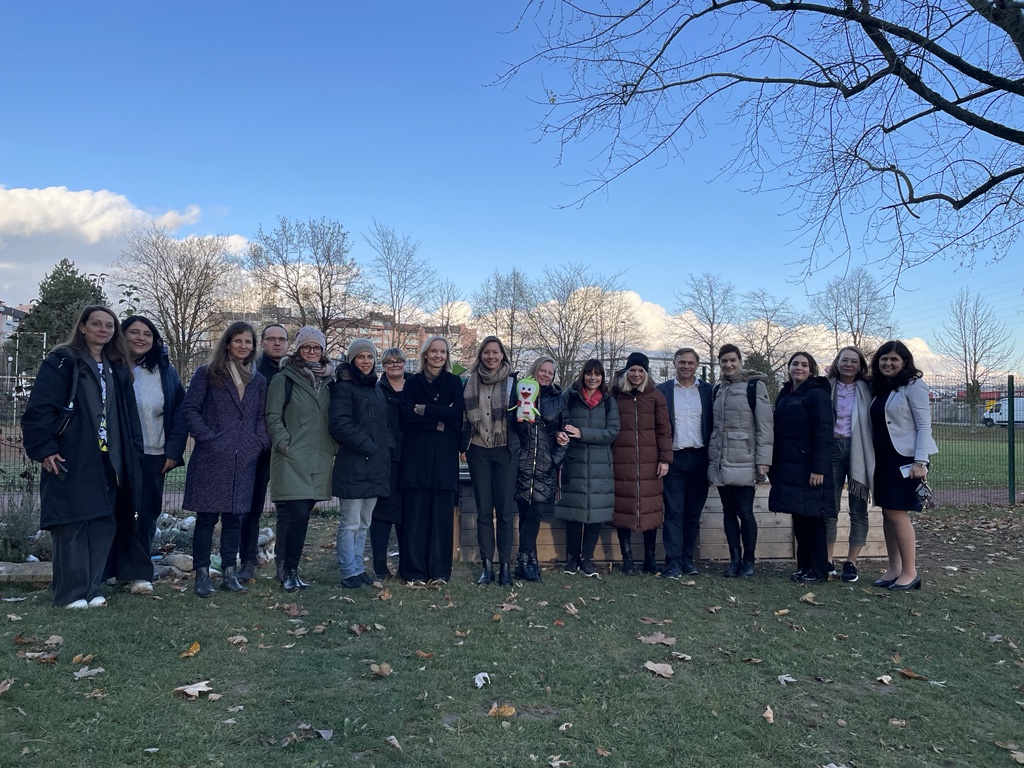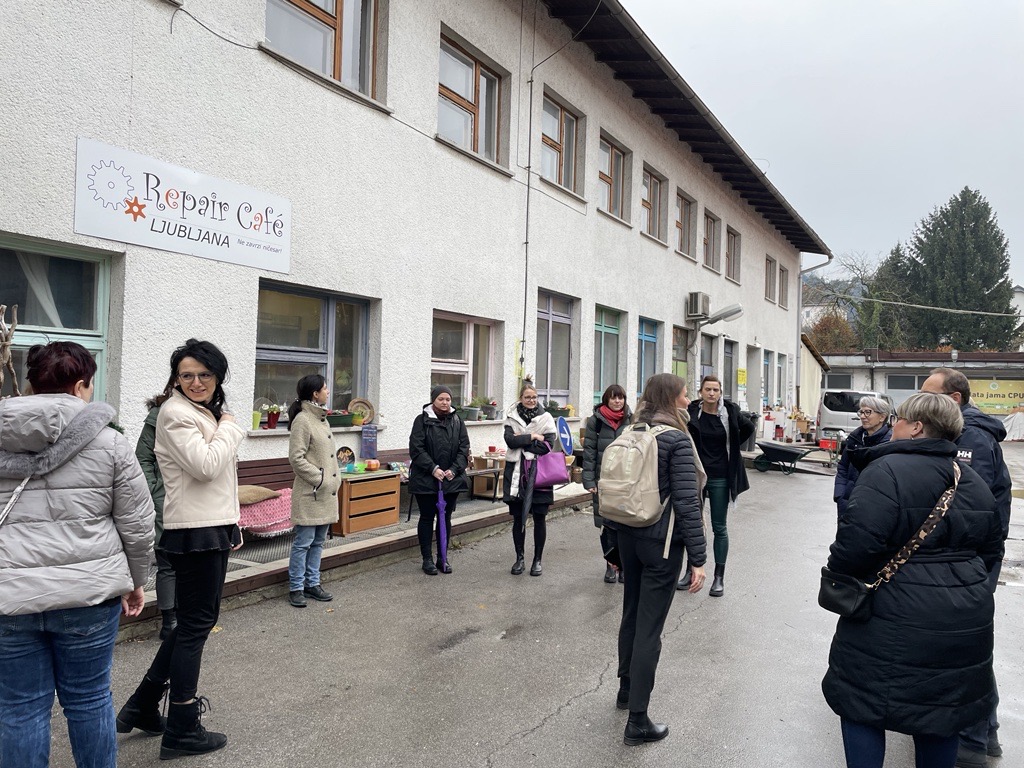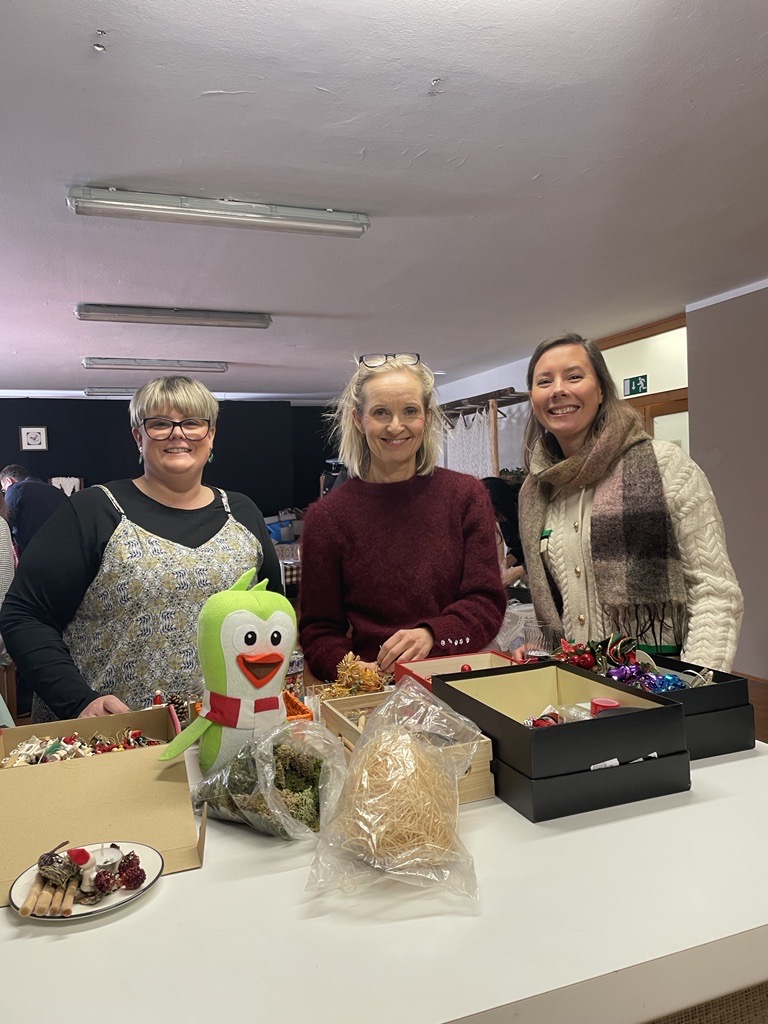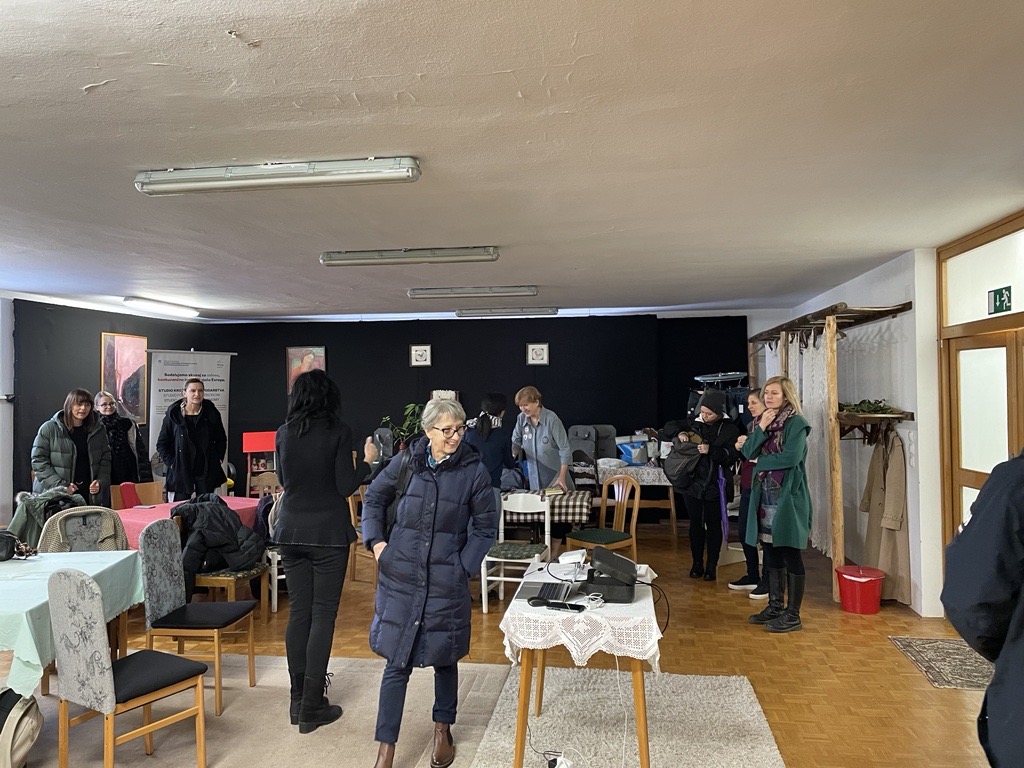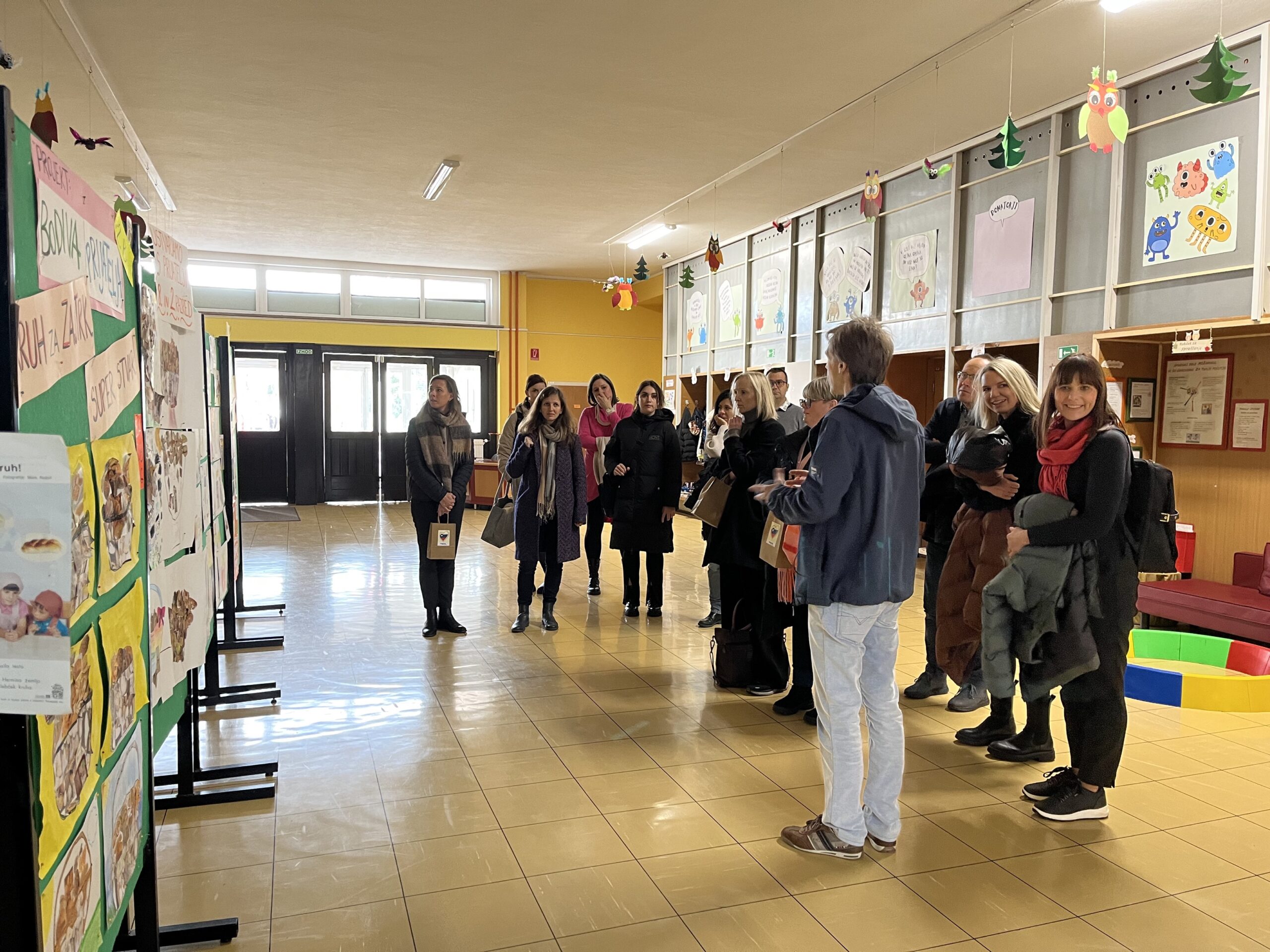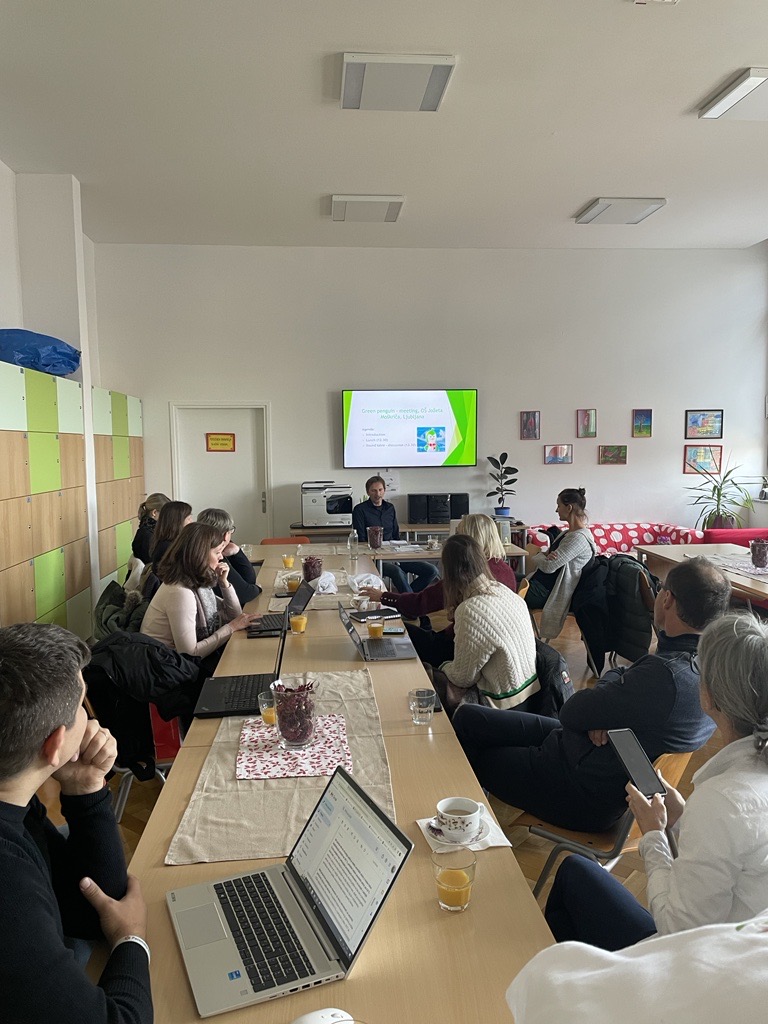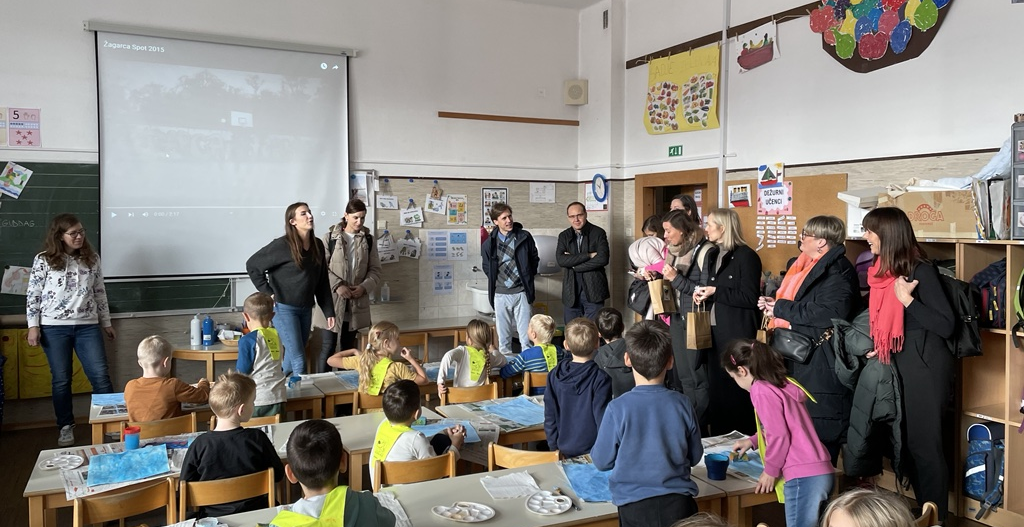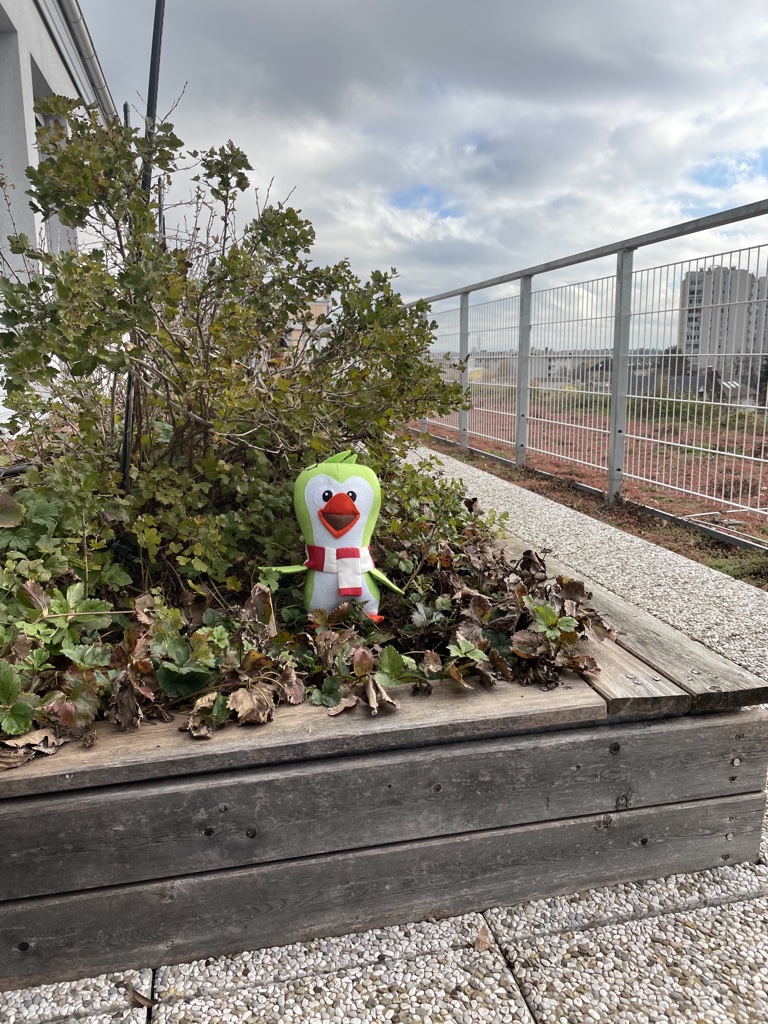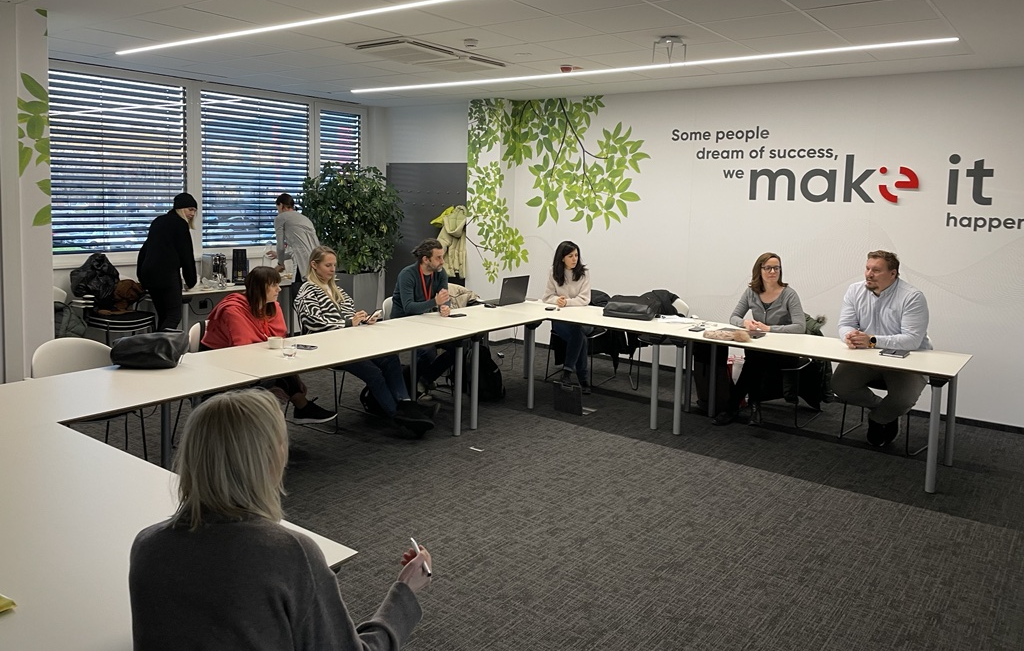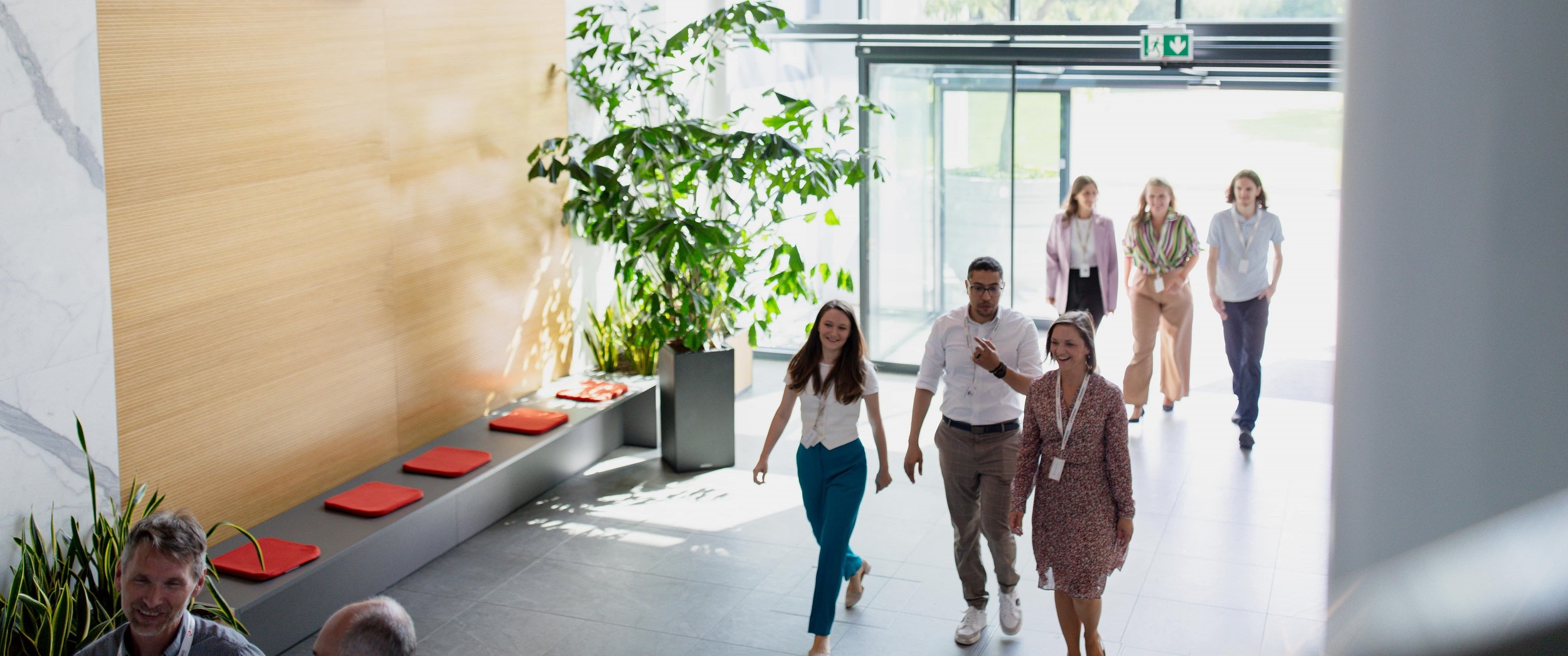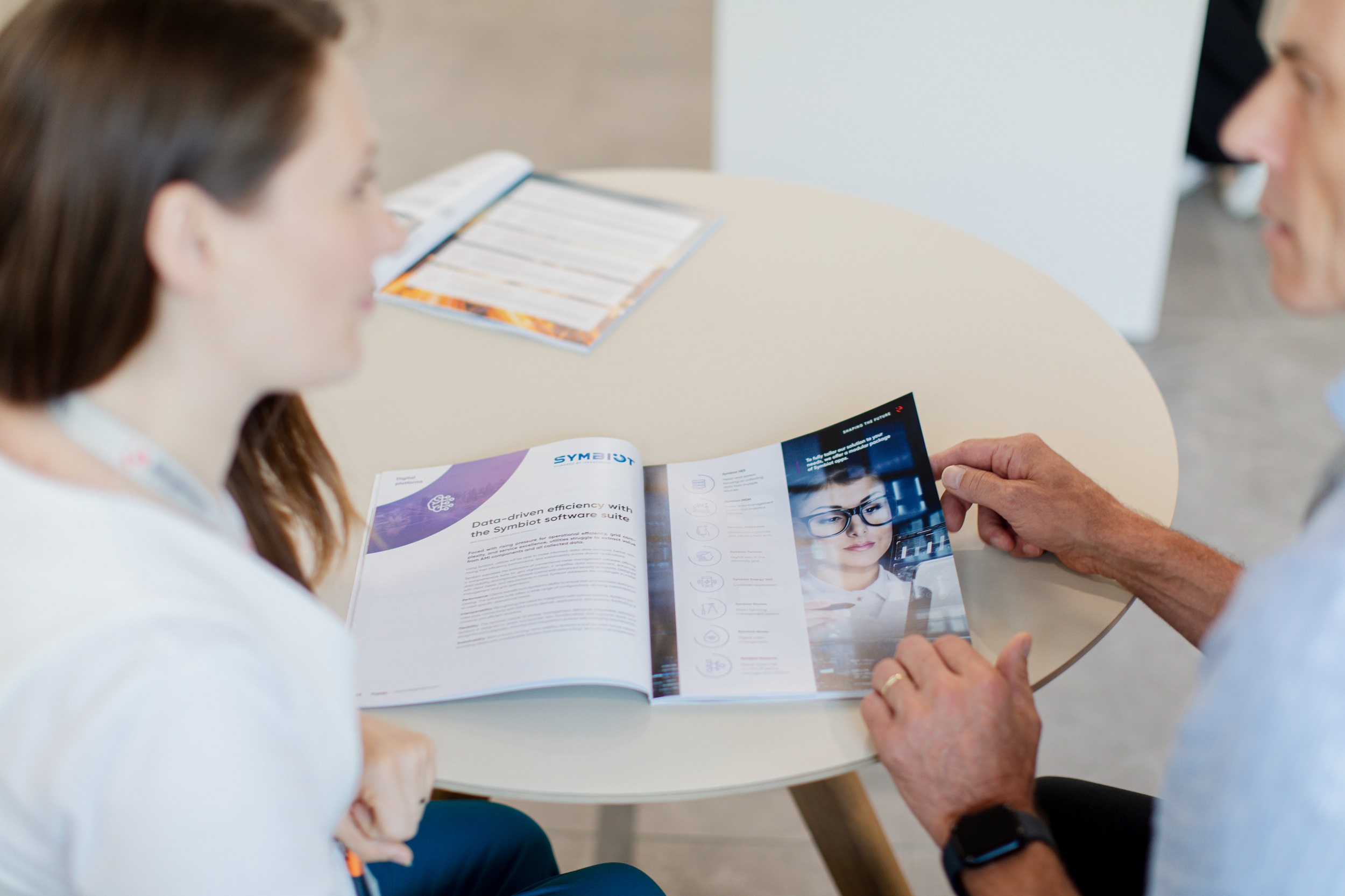Green Penguin exploring sustainable initiatives in Slovenia
This time, Green Penguin project partners met in Slovenia to explore and promote sustainable practices and emphasize the importance of collaborative efforts for a more sustainable future.
As part of the Slovenian initiatives, the project partners had the opportunity to visit the Reuse Center in Ljubljana, which encourages the donation of well-preserved items such as furniture, electronics, books and much more. These items are then refurbished for reuse and sold at a symbolic price in the green store, promoting economic savings and supporting local jobs. The team learned about the Reuse Center’s efforts, including design repair and a new program – a Norwegian Financial Mechanism project that builds container offices and homes. The team also learned about Etri’s programs and products that promote social entrepreneurship and build an inclusive society. They also learned about the PSlifestyle platform, which helps individuals reduce their carbon footprint.
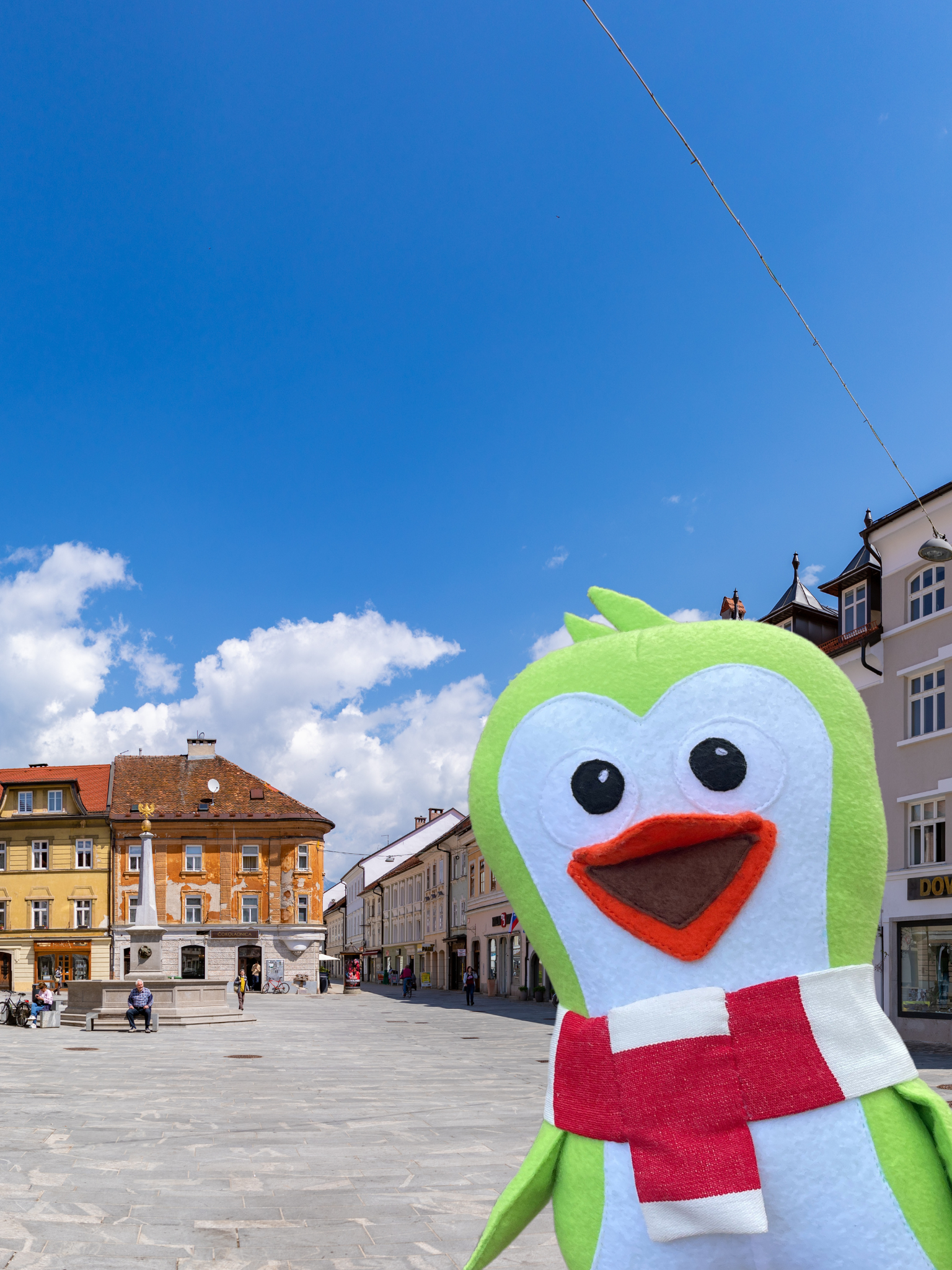
The project partners also visited primary schools and pilot schools that are currently testing the app. At Jože Moškrič Primary School, representatives of the school presented activities and programs related to environmental protection. The focus of these discussions was on environmental issues, sustainability and education, which underlines the importance of involving both teachers and students in the process. At Stane Žagar Primary School and Jakob Aljaž Primary School, the project partners learned more about the school’s ongoing environmental activities, including various projects such as nutrition programs and the “Local Food for Kidz” project, which promotes local and sustainable food practices, educational initiatives and engagement with parents.
Before concluding the study visit, the team took part in a discussion at Iskraemeco about the future of the Green Penguin platform. This conversation focused on sustainable education and community engagement and emphasized the project’s commitment to a better future for all.
The Green Penguin trip to Slovenia highlighted the importance of sustainable practices, environmental education and community engagement in creating a better future for all. These study visits play a crucial role in building bilateral cooperation within the Green Penguin project and in promoting cooperation beyond its conclusion. The Green App, a sustainable decision-making tool, is designed to inspire individuals to make environmentally friendly choices and practices.
Today, the Green Penguin project is being implemented by a consortium of organizations, namely: Iskraemeco, d.d., the City of Kranj, the City of Ljubljana, the Association DOVES-FEE Slovenia and FEE Norway who are implementing the international Eco-Schools programme. The project is co-financed by the Norwegian Financial Mechanism and Ministry of Cohesion and Regional Development. The Norwegian Financial Mechanism stands for Norway’s contribution to a green, competitive and inclusive Europe.
